Table of Content
IoT is about objects/things connected to the internet that generate data that is communicated, aggregated, and analyzed. IoT assets and devices are part of dynamic and uncertain environments with associated risks to the enterprise.
AI powers IoT devices and networks with intelligence to learn from past behaviors and predict future activities. For enterprises, artificial intelligence (AI) technologies play an important role in analyzing and acting upon data for making decisions to improve business operations, reduce costs, and lower risks.
Combining AI and IoT (AI of Things) is a differentiator that provides intelligent IoT capabilities for solving problems without human intervention.
IoT transforms business operations by analyzing assets, enterprise, and external data with AI applications. Data also uses AI cloud services and integrates with enterprise systems and third-party vendor solutions (ISV).
IoT assets and devices create a continuous data flow throughout the supply chain cycle about their location, logistics information, environment (weather, pressure, humidity, etc.), mobilization (location tracking), delivery details, inventory levels, etc.
Enterprises are building intuitive solutions with AI capabilities, feeding IoT data to train and deploy ML models that trigger actions to increase responsiveness, mitigate issues and behaviors, reduce costs and equipment downtime, and offer many other benefits.
AI is essential to IoT, tackling complexities of real-world scenarios represented by IoT systems, conditions, parameters, inference rules definitions, and their application. Furthermore, AI spreads across the supply chain by implementing the best-in-class APIs and algorithms, machine learning models, and deep learning.
Build AI IoT Applications in Supply Chain
Enterprises are transforming supply chains with IoT and AI applications across the supply chain that leverage cloud services, frameworks, and AI platforms.
Supply chain AI applications help evaluate external factors and push actionable recommendations to ERP and other enterprise systems. AI optimizes IoT in the supply chain for several use cases:
- Provides warehouse management (accurate inventory in real time, predictions, and recommendations)
- Improves supply network risks and predictions (stockouts, order delays, etc.)
- Offers demand forecasting (data segments)
- Plans and improves operational efficiency (order lead time projections, delivery times, etc.)
- Provides transportation optimization (distribution of goods)
- Ensures efficient asset monitoring
- Ensures price optimization
- Allows predictions for equipment maintenance and repairs to avoid failure
Benefits of AI in IoT
- Increases the visibility of assets
- Improves existing products
- Reduces shortages
- Reduces excess inventory
- Reduces downtime
- Reduces delayed orders
- Reduces maintenance costs
- Simulates forecast scenarios
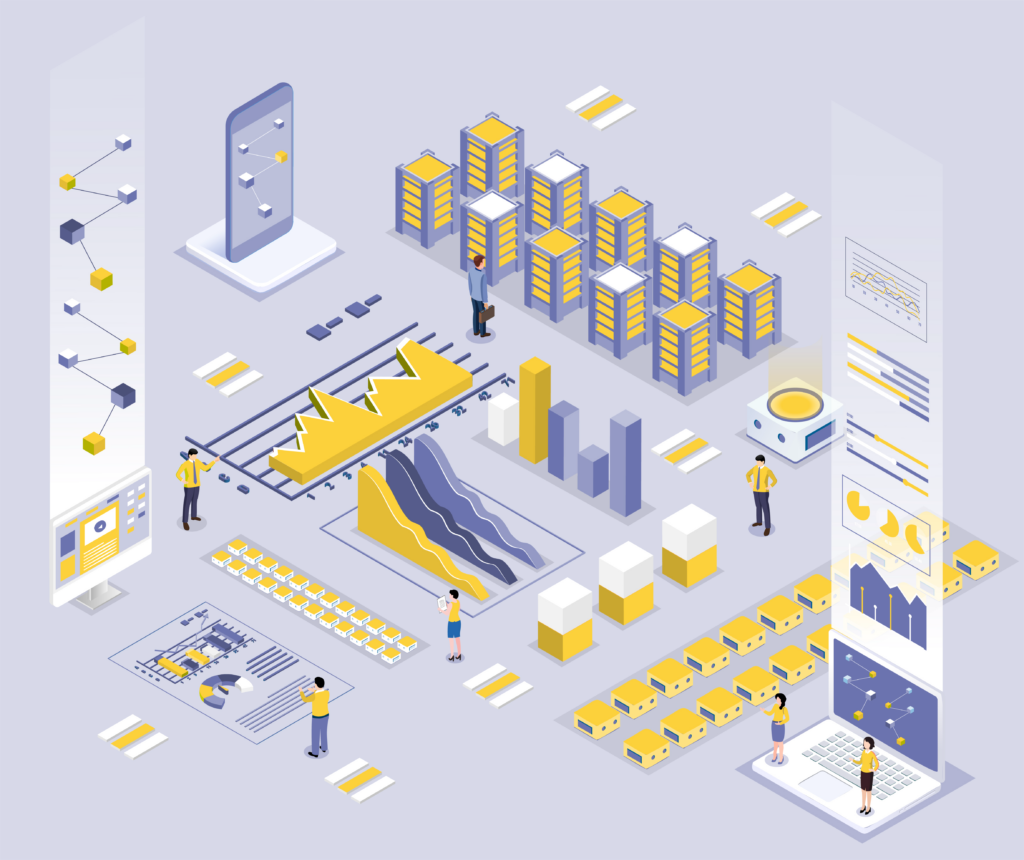





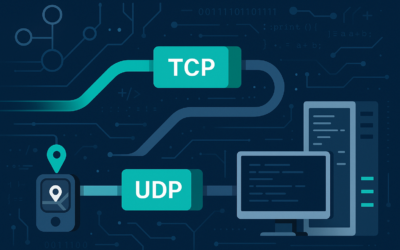
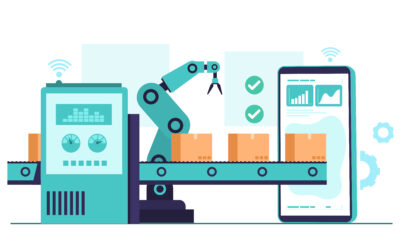


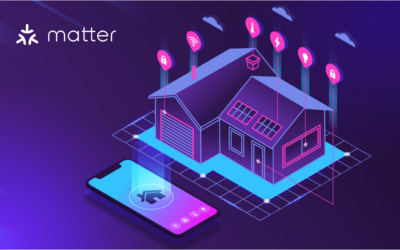
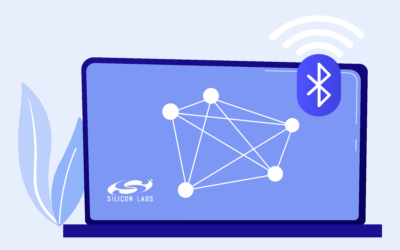
I must say, I’m impressed by the author’s grasp of AI & IoT concepts. As someone who’s been following this space for years, I can attest to its potential in driving supply chain efficiency. However, I do wish they’d delved deeper into the security implications of integrating AI with IoT devices. It’s a minefield out there! Nevertheless, the notion that AI of Things can provide intelligent IoT capabilities without human intervention is nothing short of fascinating. Kudos to the author for shedding light on this promising field!
Great post on how AI & IoT are driving supply chain efficiency! 👏 I must say, your explanation of AI tackling complexities of real-world scenarios represented by IoT systems is spot on 🤔. The author’s emphasis on using best-in-class APIs, algorithms, machine learning models, and deep learning is also music to my ears 🎵. As an IT PM with intermediate knowledge of IoT, I’m impressed by the clarity of your write-up. Kudos! Keep up the good work! 😊